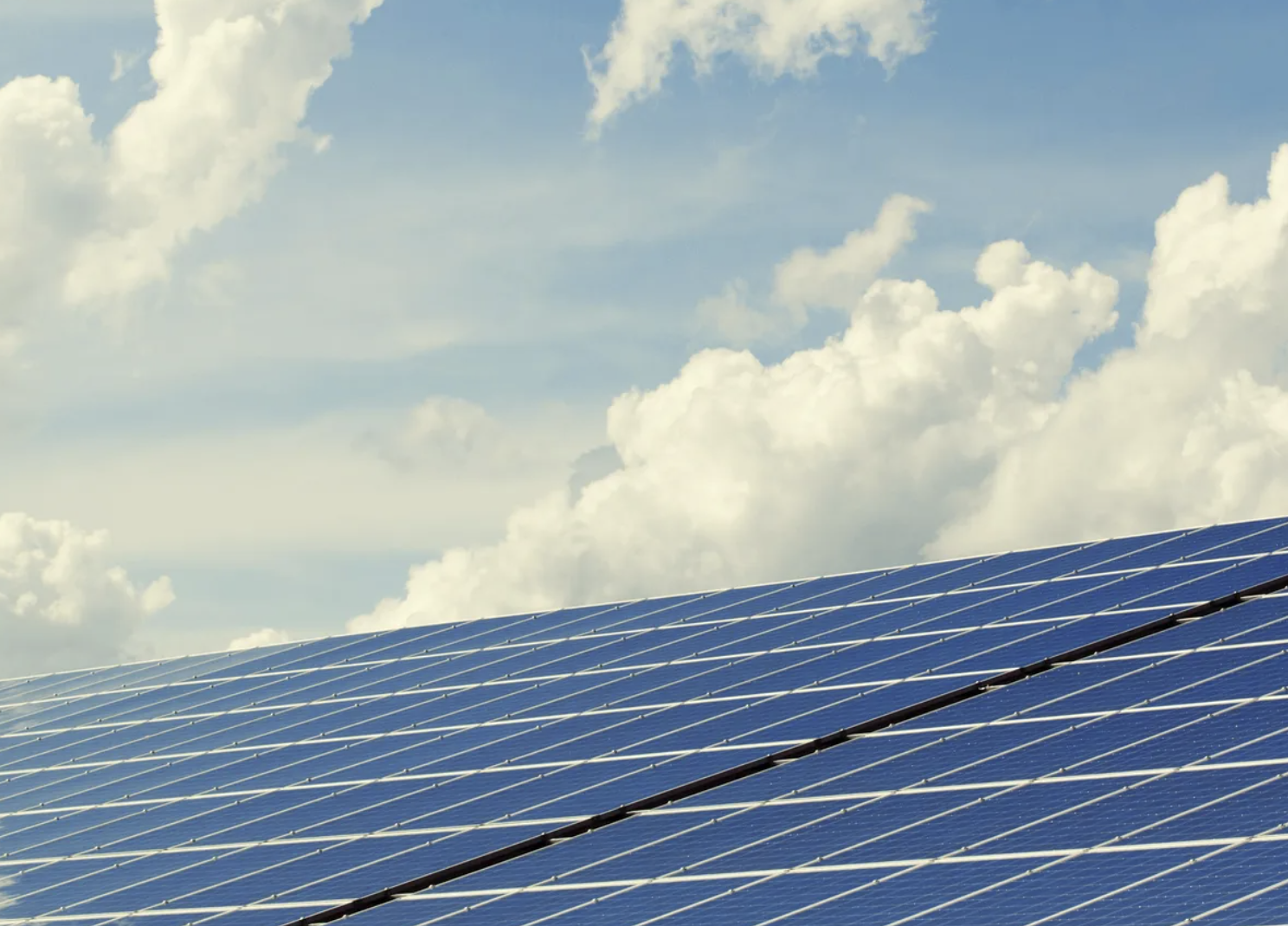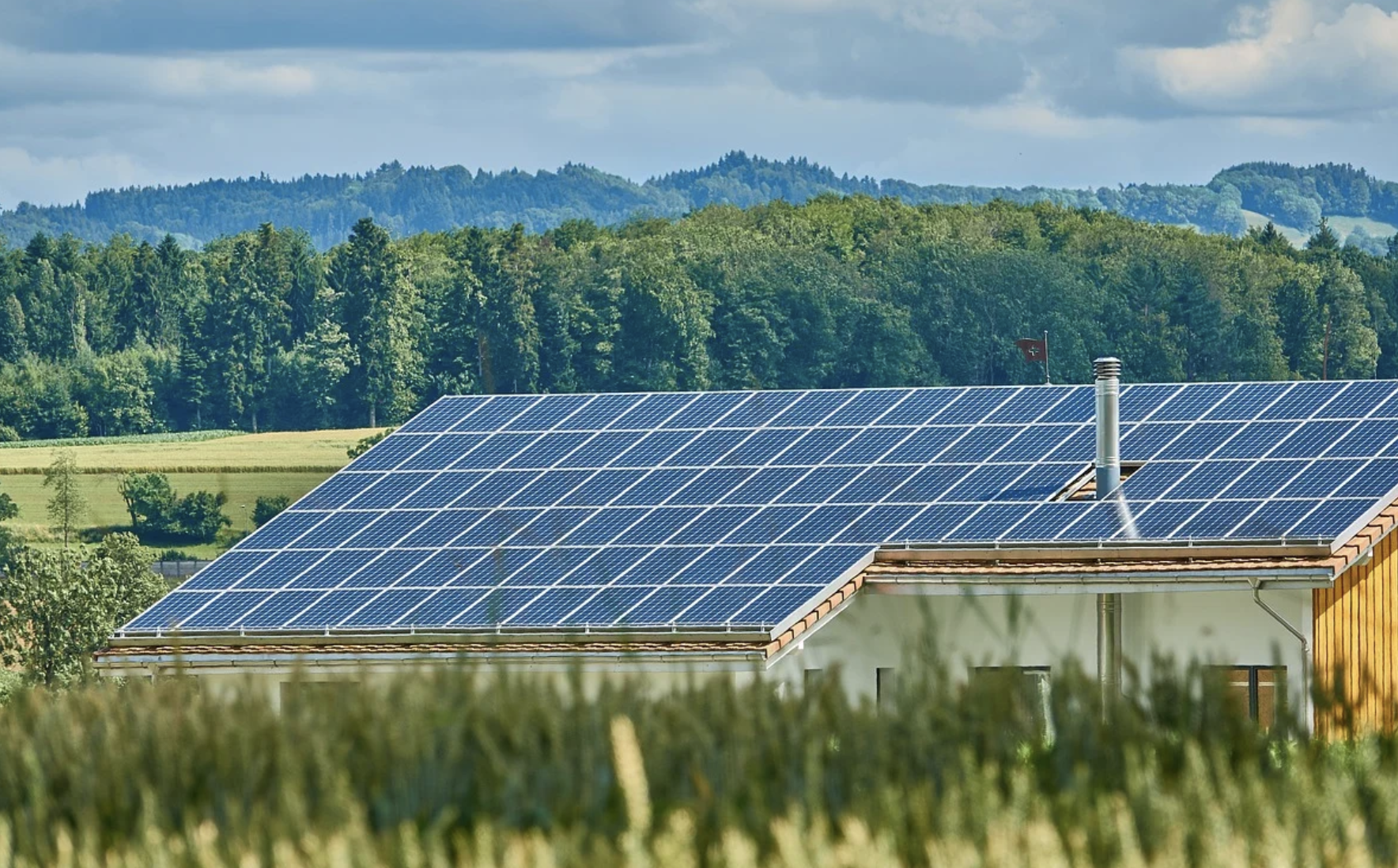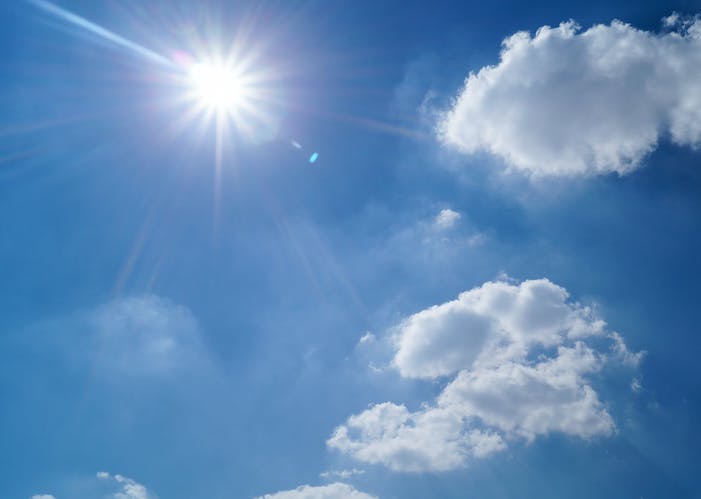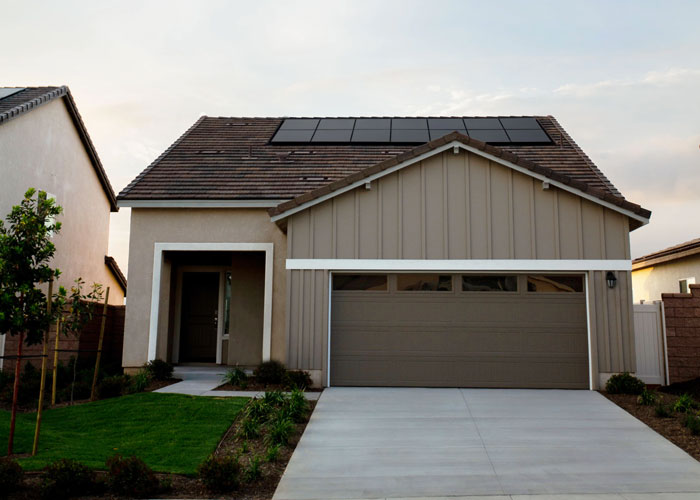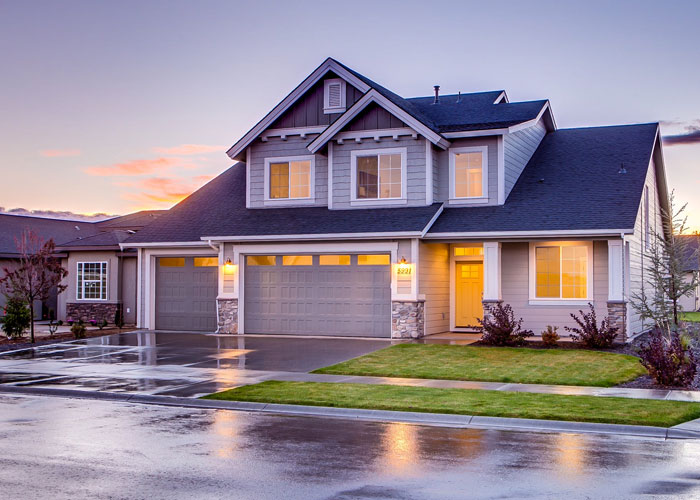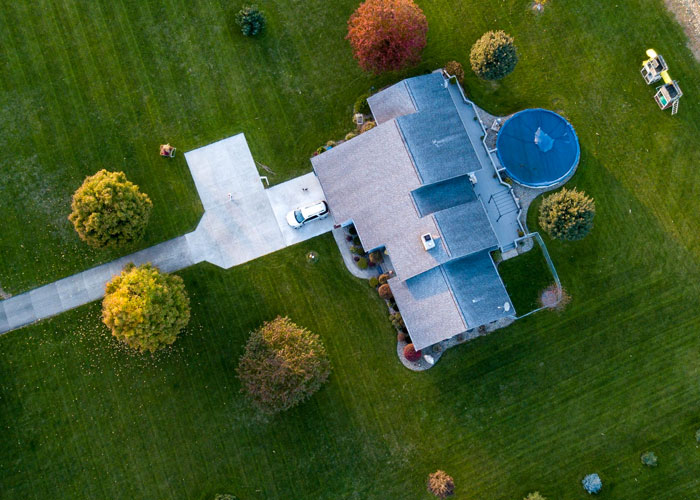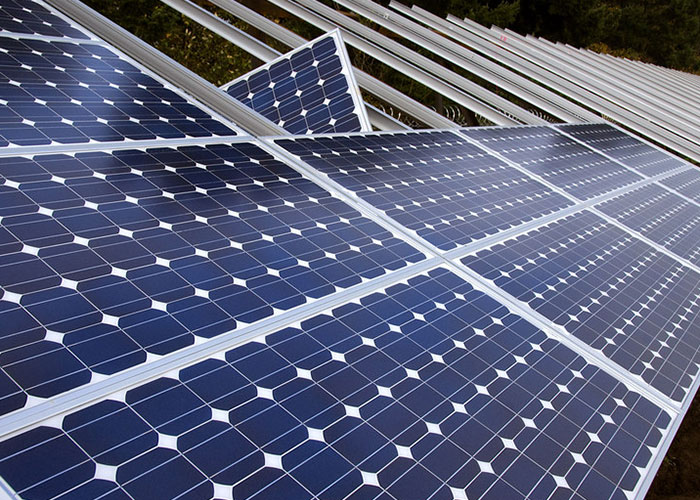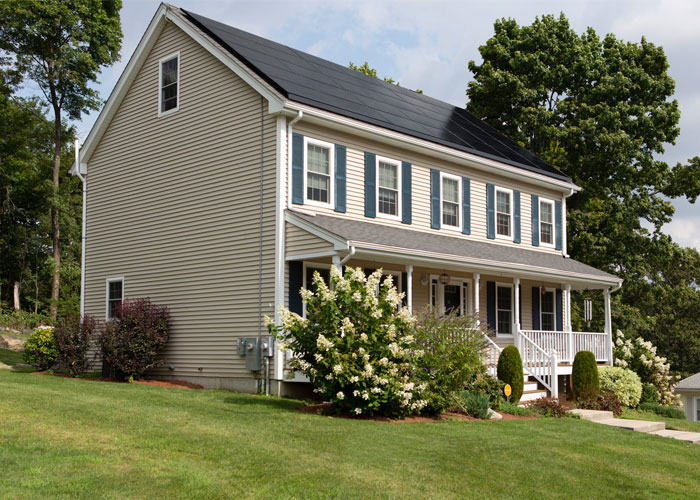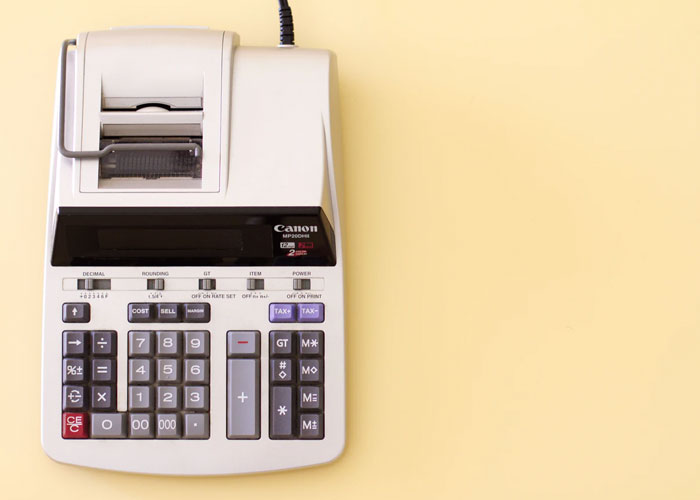The Solar Panel Installation Process
Many concerned people with an eye on their power bill and some thought for the environment are out there, considering making the switch to solar. They’re no longer hung up on solar panels being an expensive undertaking that delivers a few environmental benefits. These days, they’re thinking that solar panels are a force when it comes to saving money on electric bills and boosting a home’s overall value.
Given the tremendous benefits of solar energy, the last thing to consider is just how the process of solar panel installation will impact your life. In truth, making the switch to solar is a fairly simple process, especially when you hire qualified professional installers. In this article, we look at the steps they’ll take when turning your home into a solar-powered property. more “How to Get Solar Panels Installed on a House in 5 Easy Steps”

